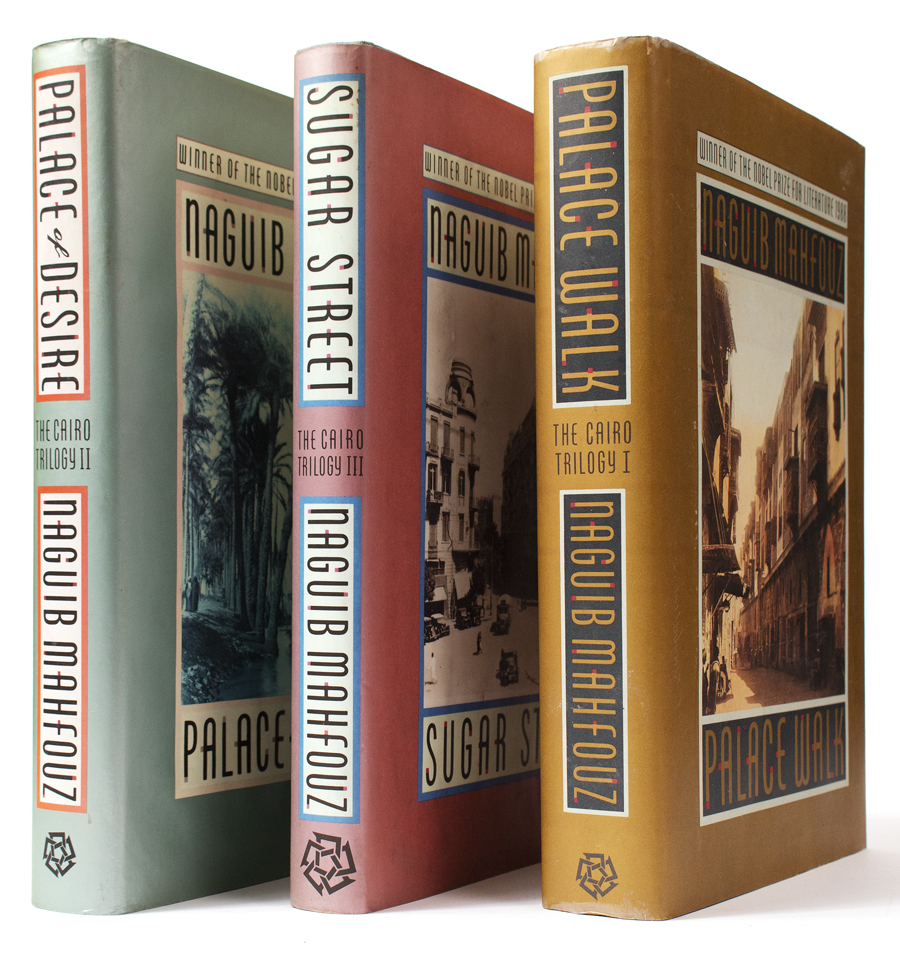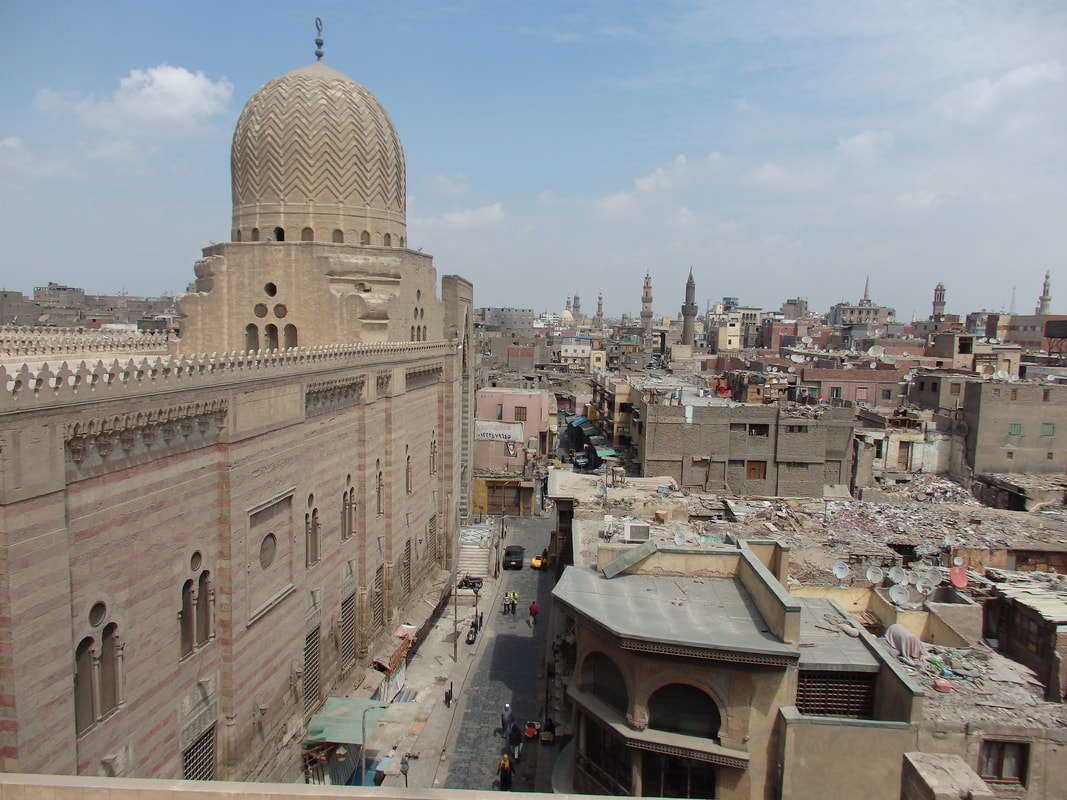
"I think The Cairo Trilogy is above criticism. He adds: “From his works, a complete system of thought emerged – maybe that was an influence of his study of philosophy – where all the pieces of the jigsaw of existence fell in place. “And in doing that, all major human emotions and existential questions are probed and shown at work in the lives of the novel’s multitudinous characters.”Įl Enany says he chose to study Mahfouz’s work extensively “because he helped me answer some of the big life questions”. "It is the first saga novel, or 'roman-fleuve', in Arabic, tracing the lives of three generations of one family – but with that, the life of a whole nation, Egypt, at a critical transitional stage of its life, as it moved from a traditional way of life to a western-inspired modernity with all the pains attendant with that, socially and individually. " The Cairo Trilogy was a unique work in its scope," says El Enany. It took Mahfouz more than six years to complete and was one of the works that helped earn him the 1988 Nobel Prize in Literature, the only Arab to receive the award.



“Every human passion and condition is in it: whatever type of person you are, whatever your life experience, it will have something to say to you.” “It deals with the human condition on a large scale,” says El Enany. As they confront middle-class mortality and cultural challenges, the family's trials mirror those of their country during the turbulent years between the First and Second World Wars. The Cairo Trilogy is a saga spanning three generations of a family led by tyrannical patriarch Al Sayyid Ahmad Abd Al Jawad, who rules his household with a strict hand while living a hypocritical secret life of self-indulgence. The titles – Palace Walk (Bayn Al Qasrayn), Palace of Desire (Qasr Al Showq) and Sugar Street (Al Sukkariyyah) – are real streets in Cairo's Al Gamaliya district, where Mahfouz lived.

" The Cairo Trilogy is a work on a par with Leo Tolstoy's War and Peace and Thomas Mann's Buddenbrooks," says Dr Rasheed El Enany, dean of the School of Social Sciences and Humanities, professor of Arabic and Comparative Literature, and professor Emeritus at the University of Exeter.įinancial pressures caused the publisher to split Mahfouz's masterpiece into three volumes published between 19. Conceived by legendary Egyptian writer Naguib Mahfouz as a single novel of about 1,500 pages, The Cairo Trilogy is a timeless work of modern Arab literature, with themes, characters and ideas that are familiar and ring true almost 60 years after it was published.


 0 kommentar(er)
0 kommentar(er)
